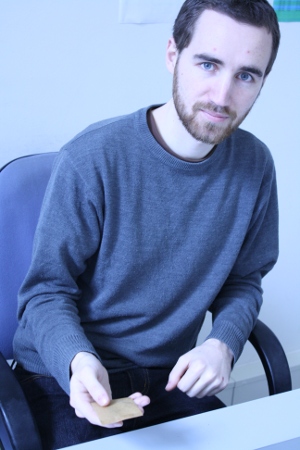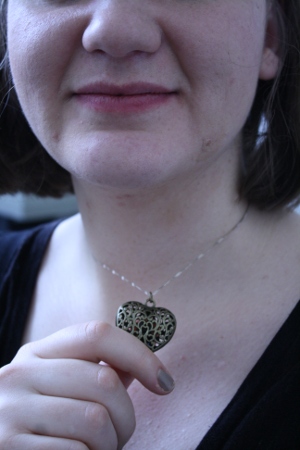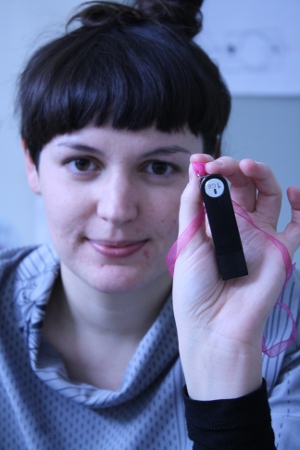Eleanor Greenhalgh, Distributed Archive, 2012
Trimester 2, 2012.
Description
The note on the template page that this report is based on is an appropriate intro: NOTE: All documentation material, PDF, photos, videos, etc, must be uploaded to the wiki. No embedding or third party hosts allowed, for obvious archiving issues ;)
Outcome
The outcome (here) is an image which has been censored from Facebook, brought back online on the PZI server, but only with the cooperation of participants who each host the data corresponding to one pixel of the image. The image is initially completely black, with individual pixels appearing as they are 'adopted' by volunteers hosting relevant text strings elsewhere on the internet (and disappearing if these pages are changed or deleted).
Research was also begun for a more literally distributed archive, entrusting storage media with individual files to volunteers who will take physical guardianship of them (pictured below and described here).
Aims
- Highlight the precarity of remotely hosted data & the relevance of physical location/ server ownership
- Question the logic of censorship by deconstructing the image to the level of pixel
- Encourage reflection on the role, responsibilities and power of the 'host'
- Learn about the usage and possibilities of command-line tools for image deconstruction & composition
- Learn how to use Python for scraping & collection of dispersed online data
Media
Photos
Essay
'Identity Theft' and the Integrity of Natural Objects
Abstract
This essay explores the anxiety provoked by digital media's powers of transmission and replication, with a focus on their threat to traditional notions of authorship. It compares the reactions of contemporary copyright lobbyists such as the MPAA with Donna Haraway's early predictions of the embrace of unlimited data flow, examining the intense anxieties over ownership, identity and integrity provoked by digital media. Finally it looks at how this anxiety might be productively embraced, and the 'death of the author' accepted and mourned as part of a wider understanding of authors as constituted by, and thus vulnerable to, other people.
Additional Information
Misc
- Cookbook entry: Extracting pixel data with ImageMagick
- Annotations
...



